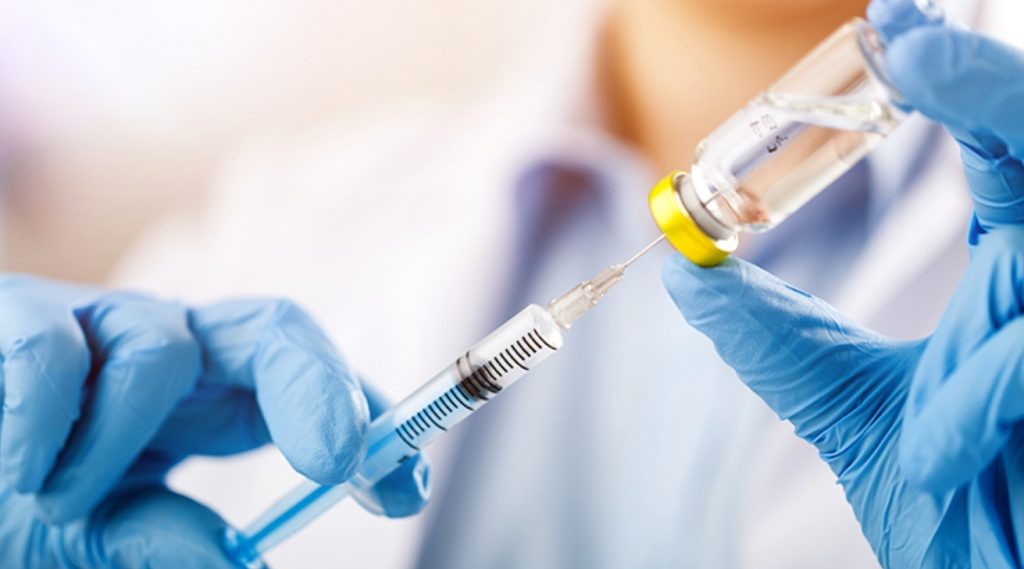By: Adelle Fernandes
With the viral news about UK’s Margaret Keenan, 90, being the first person in the world to receive Pfizer’s COVID-19 vaccine as part of a mass vaccination program, you may be wondering what’s next for India. Pfizer and Moderna have both applied for emergency approval of their vaccines; let’s take a look at the regulations surrounding emergency approval of a vaccine in India.
Three vaccine developers have made appeals to the Central Drug Standard Control Organization (CDSCO), India’s drug regulator, seeking emergency approval for their candidate Covid-19 vaccines which are still in the trial phases. None of these three have generated data about the effectiveness of their vaccine from phase-III trials conducted in India yet, which is a mandatory requirement in the process of approval.
Which three vaccine candidates applied for emergency approval?
COVISHIELD
Pune’s Serum Institute of India sought approval for its vaccine developed by Oxford University and AstraZeneca, which it has been testing in India for the last few months. The COVISHIELD vaccine is currently in phase-III trials in India. In its application, Serum Institute has submitted data from phase I and II trials, while the effectiveness data has been sourced from phase-III trials of the same vaccine in the UK and Brazil.
COVAXIN
Bharat Biotech, a Hyderabad-based company which is developing COVAXIN in collaboration with National Institute of Virology, an ICMR institute in Pune, has started phase-III trials recently. It is yet to enroll all the participants as per its design. Its application is primarily based on the safety data from phase-I and phase-II trials.
BNT162b2
The US pharmaceutical major, Pfizer hasn’t carried out clinical trials in India of its vaccine, developed in collaboration with BioNTech. However, the company has still applied for approval to use it in India based on the results of the trials conducted in the US. The Pfizer-BioNTech vaccine is the first in the world to receive the regulator’s approval.

What are the regulations surrounding emergency approval of vaccines in India?
Clinical trials and approval of new drugs and vaccines are governed by the New Drugs and Clinical Trials Rules, 2019. These Rules do not use the term “emergency use authorization”. This term is used mainly by the regulatory agencies in the other countries and has become popular in current times.
The 2019 rules provide for “accelerated approval process” in several situations that of the pandemic we are currently in. In such situations, there is a provision for granting approval to a drug that is still in clinical trials, “provided there is a prima facie case of the product being of meaningful therapeutic benefit”.
“Accelerated approval may also be granted to a new drug if it is intended for the treatment of a serious, or life-threatening condition, or disease of special relevance to the country, and addresses unmet medical needs,” one of the relevant provisions of the Rules says. The definition of new drug in the 2019 Rules includes a vaccine.
The rules also make it clear that a new drug, or a vaccine, can be considered for approval if ‘remarkable’ effectiveness is reported even from phase-II trials. “If the remarkable efficacy is observed with a defined dose in the phase-II clinical trials of the investigational new drug for the unmet medical needs of serious and life threatening disease in the country, it may be considered for grant of marketing approval by the central licensing authority based on phase-II clinical trial data. In such cases, additional post licensure studies may be required to be conducted after approval to generate the data on larger population,” the Rules say.

How are the rules followed by the US Food and Drug Administration (FDA) different?
The FDA has made it clear that an emergency use authorization can be considered only after sufficient data from phase-3 trials are generated, and an application cannot be made on the basis of data solely procured from phase I or phase II trials. It has also said that preliminary phase III data should show at least 50% effectiveness in preventing the disease, and that this data needed to be generated after tests were conducted on over 3,000 trial participants.
The way forward
The 2019 Rules do not include specific guidelines regarding data from a trial conducted in another country. Hence it is unclear whether the Pfizer-BioNTech vaccine can be granted accelerated approval in India. However, the Indian health authorities have said they were keeping an open mind, and will take a decision based on what scientists and experts make of the data presented to them. Accelerated approval will depend on the assessment of risks and potential benefits. To make this assessment, India’s appointed expert committee will analyze data generated during trials conducted in other countries as well, as is the case with the applications made by Serum Institute and Pfizer.
The Indian authorities also pointed out that an application need not always lead to approval, which will be granted only after a scientific analysis of data present. The subject expert committees can reject an application or ask for more data if needed.
Reference:
Picture Sources:
1. European Pharmaceutical Manufacturer
2. Health Affairs



















































































